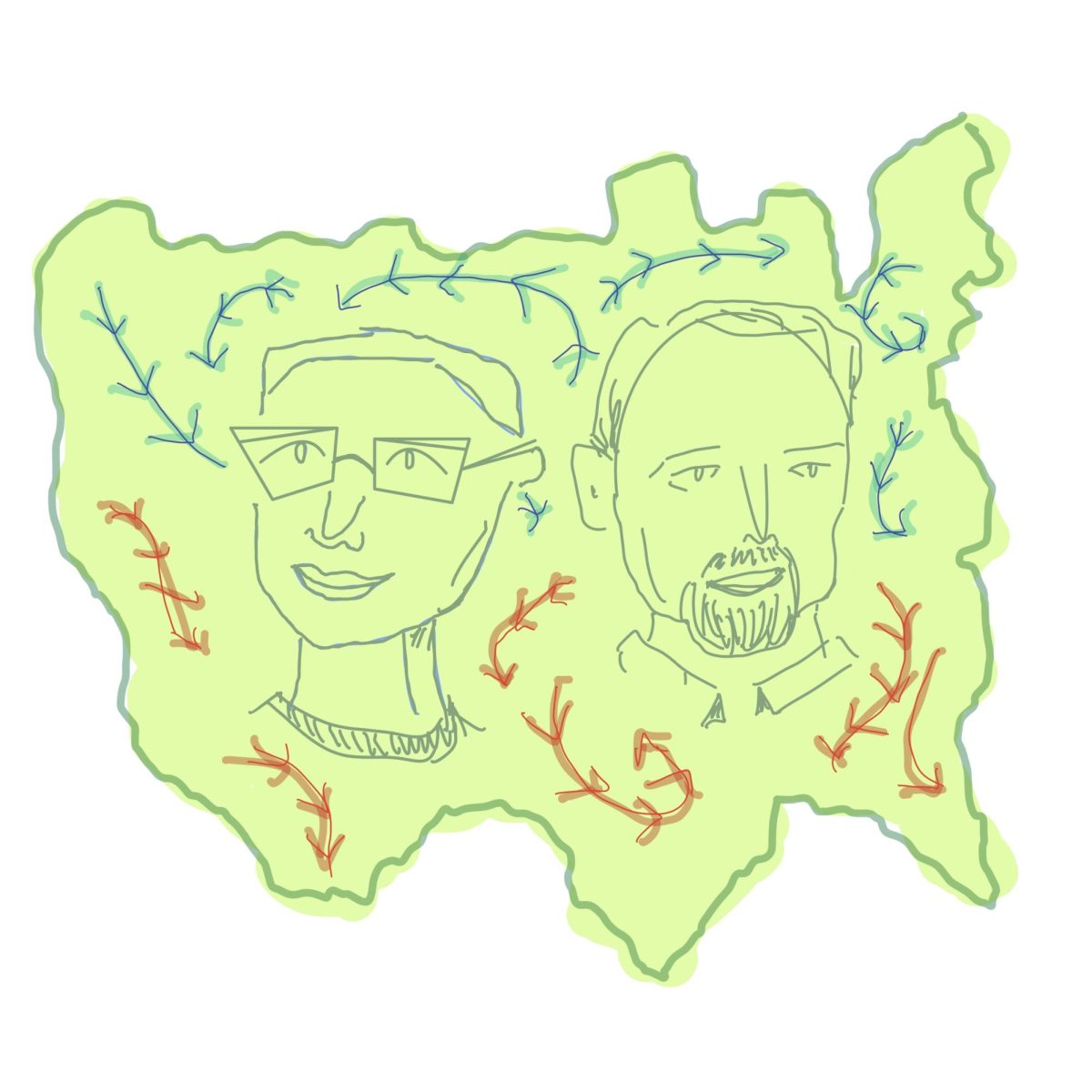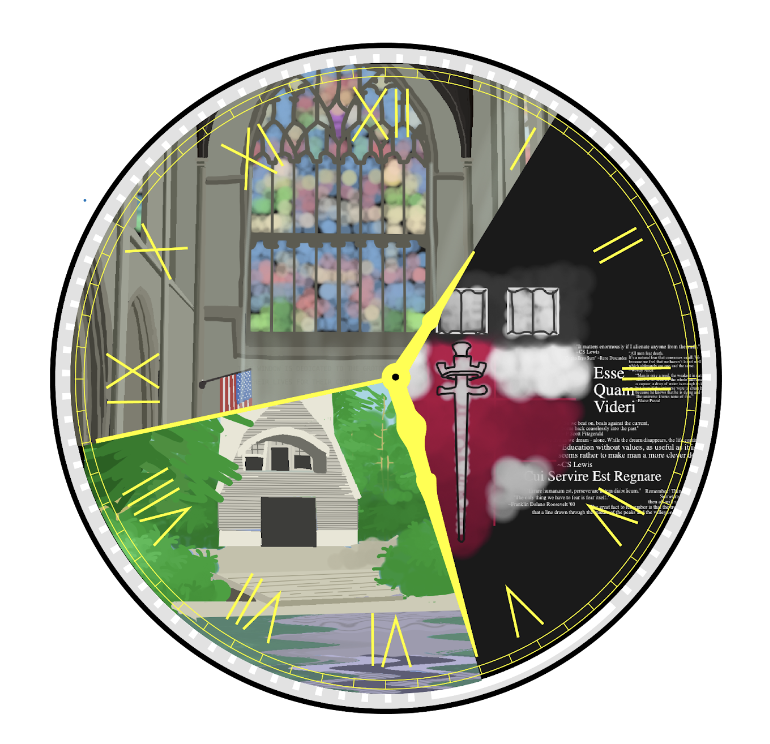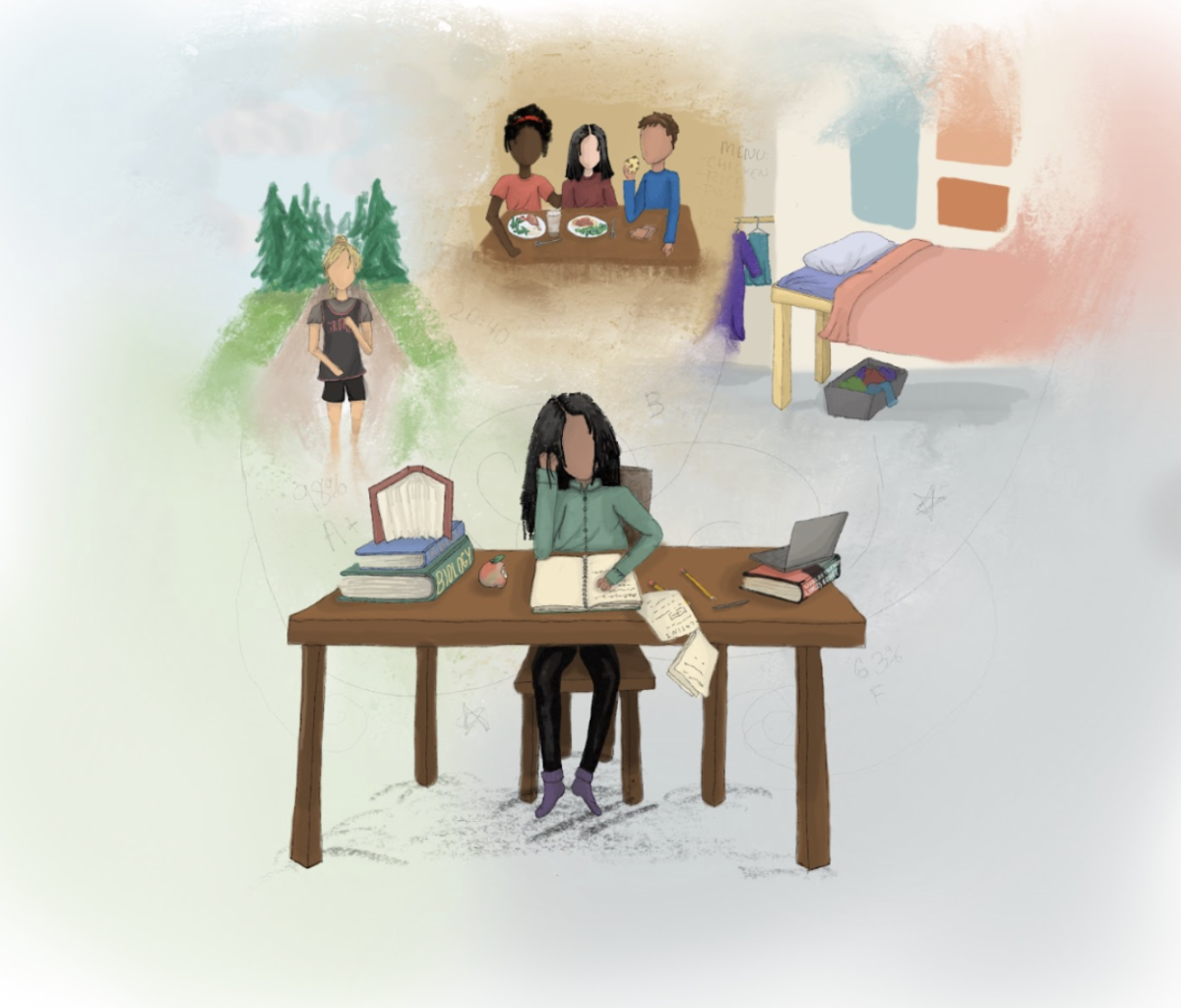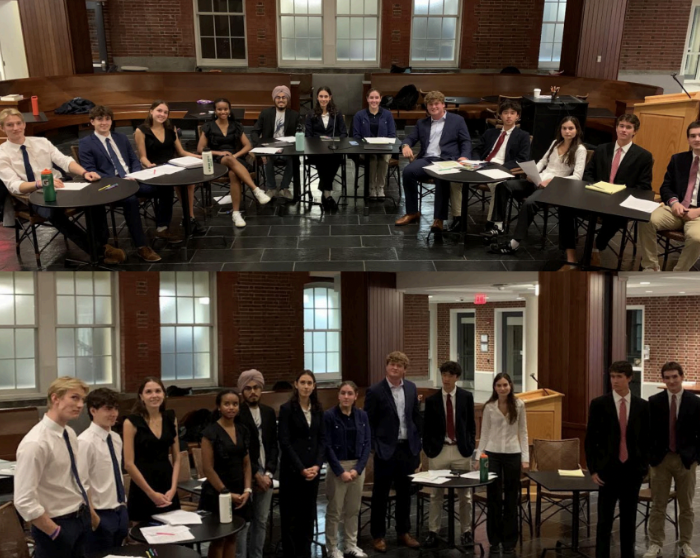As Groton steps out of an unexpectedly floody and mosquito-filled fall, the Circle wonders what the winter term has in store. This fall, the Groton cross country teams redesigned their race course to avoid wet areas, the sculling FSA rowed indoors when the Nashua rose to unrowable heights, and B&G resprayed the campus midway through the term because of a mosquito outbreak following the flood. Though it is often too convenient to dispel evidence of climate change in our community, the increase in extreme weather in recent years demands recognition of the earth’s state.
Jacques Dy, Groton School’s local weather reporter explains what has been causing this special weather: “Due to the Niño-Southern Oscillation this year, the jet stream has shifted southward and become stronger, bringing more moisture in its path that is also enhanced by the effects of global warming. Due to its more southern latitude, the jet stream also brings warmer air towards New England.” As the air becomes warmer, evaporation increases, which means that there is more moisture in the atmosphere. This moisture precipitates as rain in the spring, summer, and fall when the temperature is warm, and as snow in the winter when temperatures are below freezing. Thus, global warming can lead to both shorter winters, but also more violent snowstorms when the temperature drops, and colder temperatures if the polar vortex is disrupted and escapes to North America.
Although Groton has a well-known streak of zero snow days, the increased snow may call for a change in habits. Students can look forward to more sledding, snowball fights, and studying with a snowy view, but day students’ routes to school may be blocked and sports teams may also need to adjust off-campus game days to the weather. However, Environmental science teacher Dr. David Black says that the “silver lining is likely to be lower heating bills.”
The most polluting heating happens in the Hundred House, which is heated by natural gas, while the Schoolhouse is largely sustainably heated with geothermal energy. Though a warmer winter may reduce the need to heat dorms, heat regulation in the dorms can still be improved by not opening windows, which creates disturbance in heating systems that causes more fuel to be used.
As Dr. Black advises, “The climate has now changed, even if weather prediction remains challenging. I hope that we will not only look at adaptation, but will continue to try to mitigate our own impacts.”






